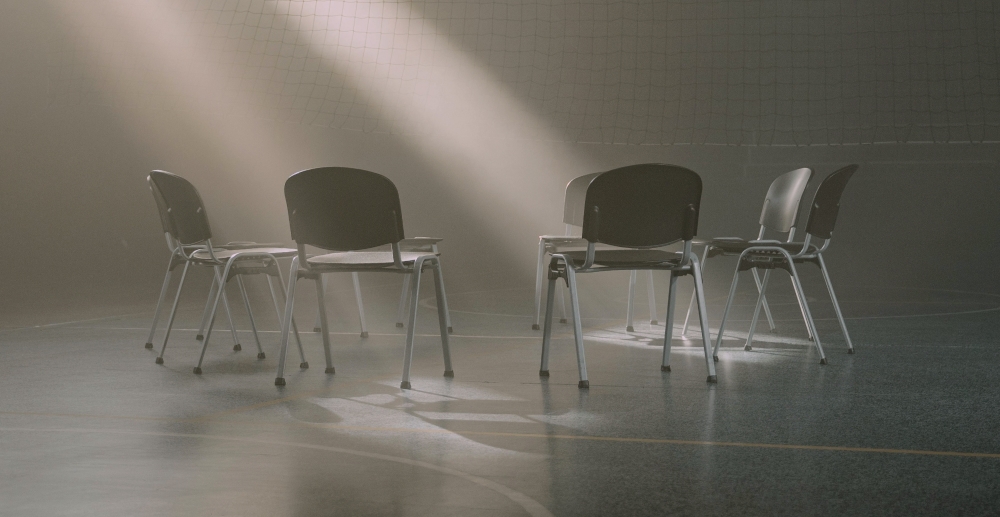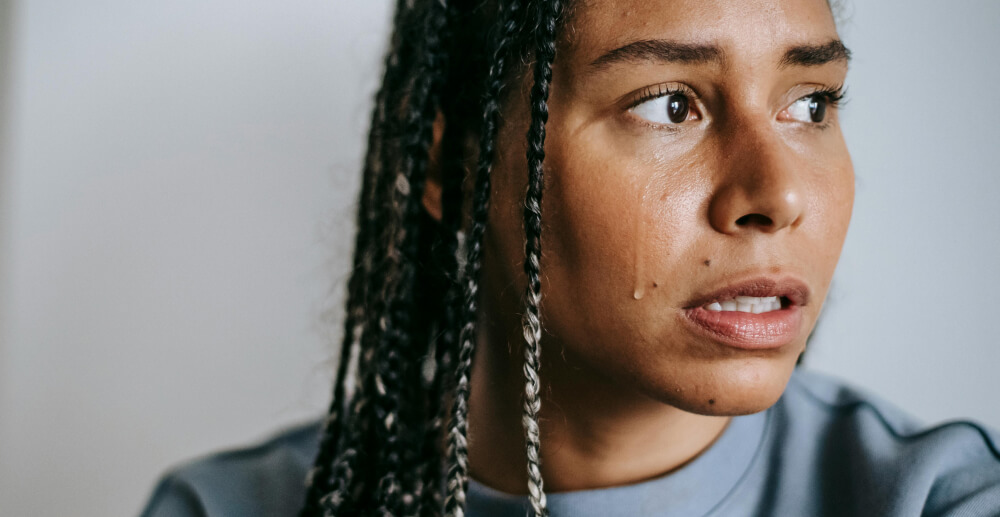I don’t like the term “clean” when referring to abstaining from drugs, given the stigmatizing implication that someone who is active in their addiction is “dirty.” However, thinking back to when I was in the throes of my alcoholism, feeling “dirty” pretty much captures my innermost truth. I felt shame, and I struggled with a bit of ignorance, too. I wanted nothing more than to feel sane, healthy, and grounded—but could not understand how stopping drinking would achieve those things.
Fast forward a decade-plus, and it turns out that once I finally got rid of the booze, I was able to learn how to cultivate inner peace and find great happiness—and honestly, pretty much everything else that I had hoped for in this lifetime. But ‘coming clean’ was not about my stopping using drugs and alcohol; it was about finally getting honest regarding my sexuality. My identity. My truth. I am Queer but had been acting straight (for the most part) all of my life. I had internalized homophobia.
For years, I hid behind a façade
I lived in the ‘closet’ for a good 25 years. I hid both my alcoholism and my desire to live openly in a loving relationship with another woman. Drinking and drugging between the ages of 15 and 40 allowed me to play the parts that were expected of me and numbed the pain of not being authentic. I was an actress and a high-functioning drunk.
My eldest brother died when I was 12, and my parents divorced two years later. Those painful events contributed to my seeking relief in substances and relationships. By the age of 16, I was a blackout drinker. I was also the editor of the yearbook, played sports, was the lead in school theater productions, and excelled academically. I had several boyfriends while harboring secret crushes on girls. From the outside, I fit in. On the inside, I felt at odds. I was different. At the time, I did not understand addiction and I had no role models of recovery. The only openly gay people I knew were older men. I did not see any reflections of myself. My outsides and my insides did not match.
In college, I continued to “party” while progressing with my studies. I was on par with my peers. I dated men and was able to blame alcohol when I needed to explain away my “inappropriate” behavior if ever caught with a woman
Hiding became intolerable
In my 20s, I felt lonely even when surrounded by friends. I was habitually drinking and using street drugs. I had an enviable job. I traveled. The outside indicators of being “on track” allowed me to keep moving forward and ignore the inner turmoil. By the age of 28, I was married with a child. My husband and I were drinking buddies.
In my 30s, I earned a graduate degree; moved several times; had another child; earned a six-figure income; purchased a home; and volunteered in my community. I was blessed, privileged, and successful by all external measures—yet I remained a prisoner of addiction and my inner turmoil. I drank to quiet the knowing that something was wrong. I was wrong. This whole life felt wrong. I loved my family but I was playing a role. I wasn’t me.
Just before turning 40, I felt a soul-sickness that would not allow me to continue the charade. After brutal conversations with my husband and many sleepless nights, I filed for divorce. In therapy, I began to heal my childhood trauma and loss. I started dating women. I was still drinking. How could I let go of the “one thing” that gave me relief? I did not understand the toxicity and the extent of the harm alcohol was causing.
Admitting my truth freed me
There came a defining day so psychologically painful that I admitted to myself I needed help to stop drinking. When I finally accepted help, my life got better. Slowly, I got better. I followed suggestions. I did the work. It was hard but far easier than living with the insanity of using and hiding.
During my 40s and into my 50s, I led a San Francisco-based social-impact nonprofit, focused on ending stigma and championing recovery. Earlier this year, I joined Workit Health to tackle the opioid epidemic and democratize access to addiction treatment. I am so proud to do this work and to be part of this team!
Fear and shame kept me closeted and drinking for decades. Now I am free. Today, my wife (the love of my life), my ex-husband, his wife, our kids, and I are all part of a loving family. I share this version of my story during Pride Month so that others may know what is possible—and perhaps recognize a part of themselves that longs to be free. Today I fight addiction stigma and work for LGBTQ+ justice by being open.
It took me getting sober and “coming clean” (i.e., getting honest with myself) to ‘come out’. Without a parade or a public declaration, thanks to recovery, I simply learned to love being me. I am not dirty. I never was. I was sick, I was hurting, I was afraid. Today, I am healthy and true. I live a life of congruence and integrity. In recovery, my insides and my outsides match.








